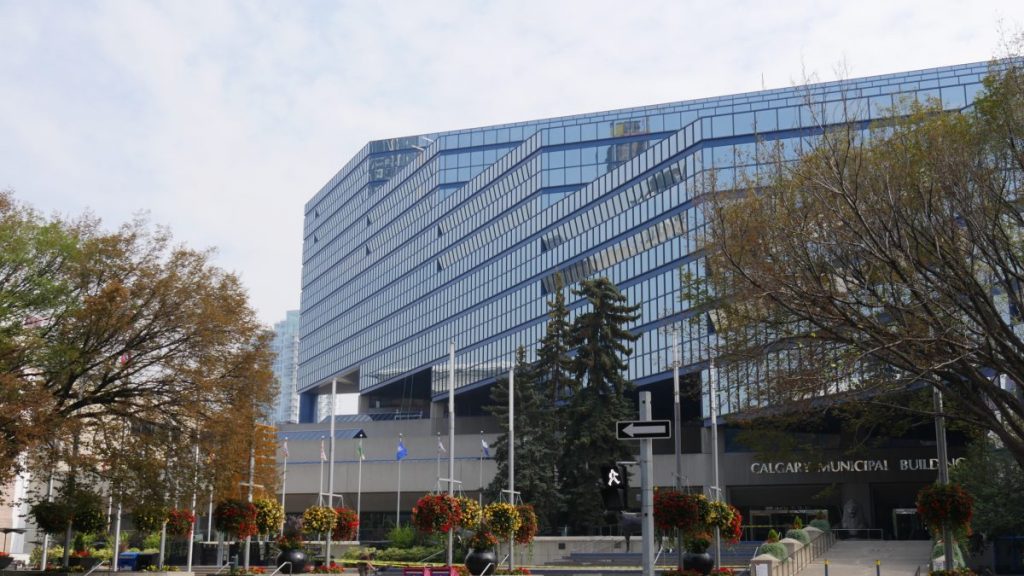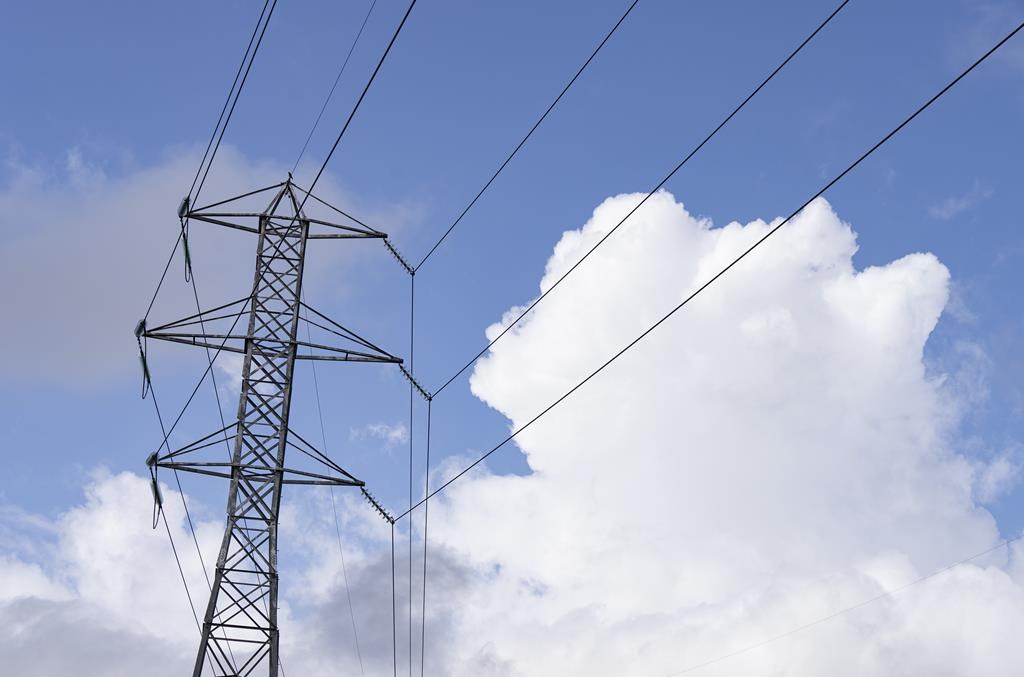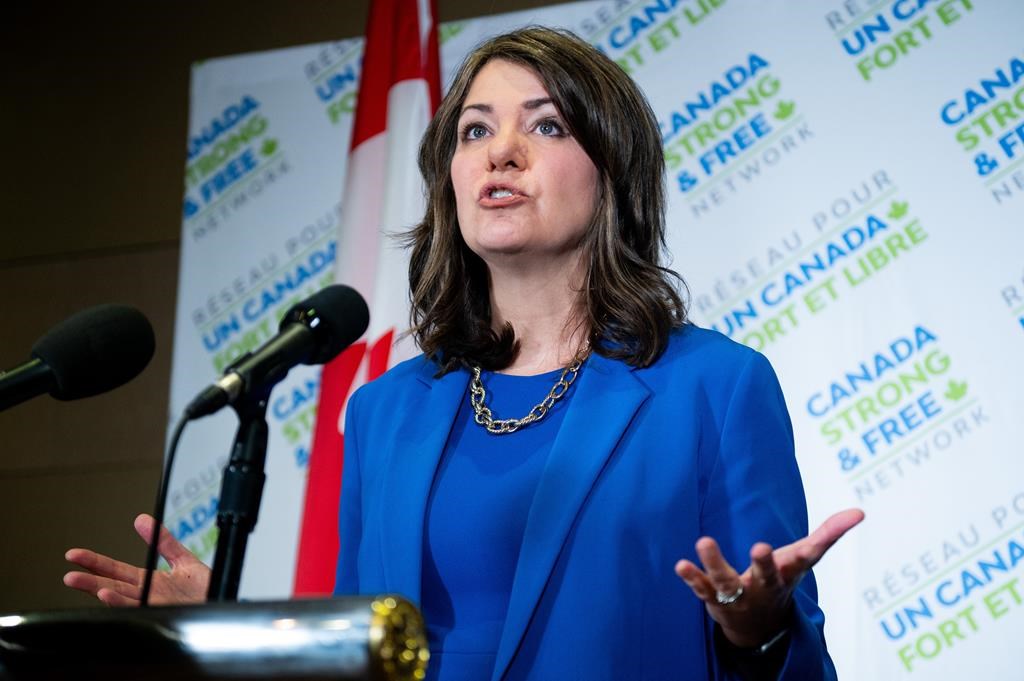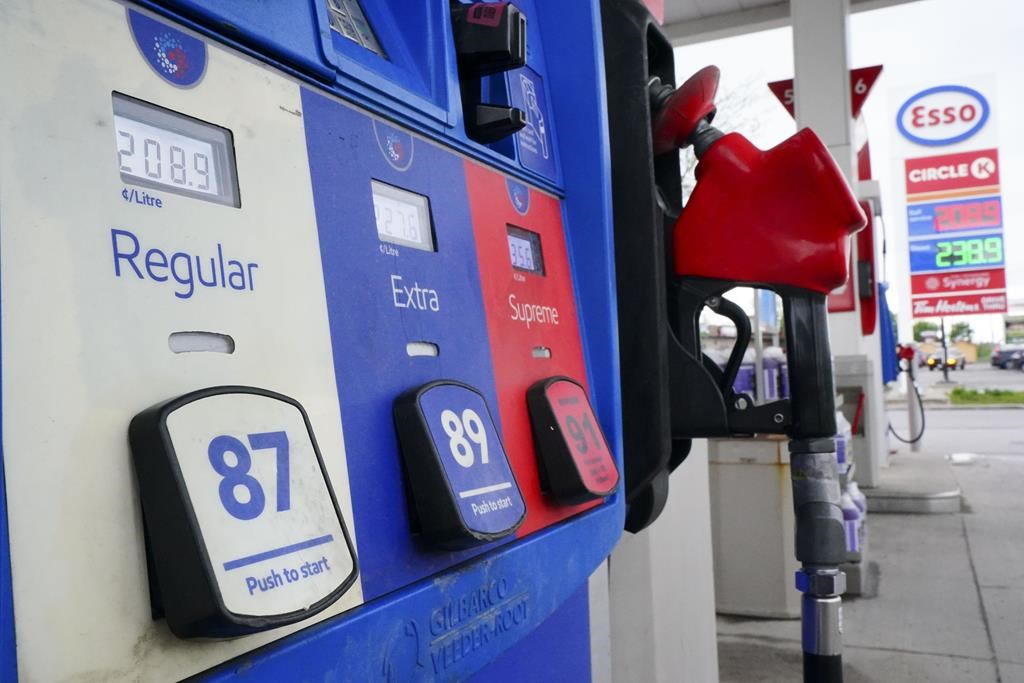Myanmar’s Suu Kyi begins US visit, says she supports easing of remaining sanctions
Posted Sep 18, 2012 6:32 pm.
This article is more than 5 years old.
WASHINGTON – Myanmar democracy leader Aung San Suu Kyi began her landmark visit to Washington by declaring Tuesday that she supports the easing of the remaining U.S. economic sanctions on her country.
Suu Kyi also credited Myanmar’s president, the former general, Thein Sein, for democratic reforms but cautioned that the country also known as Burma had a ways to go before shaking off the legacy of five decades of military rule.
The Nobel laureate spoke after meeting with Secretary of State Hillary Rodham Clinton at the State Department, kicking off a 17-day U.S. visit that comes as the Obama administration considers easing its ban on imports from Myanmar in response to recent reforms, including releases of about 90 dissidents this week.
Suu Kyi’s trip, during which she’ll receive Congress’ highest award, marks another milestone in her remarkable transition from imprisoned dissident to globe-trotting parliamentarian. Her comments on sanctions also mark an evolution in her view on the role that Western governments should play on promoting democracy in Myanmar.
For years she had advocated sanctions as a weapon for pressuring Myanmar’s military to reform.
“I do support the easing of sanctions because I think that our people must start to take responsibility for their own destiny,” Suu Kyi said at the United States Institute of Peace, a conflict resolution group. “We should not depend on U.S. sanctions to keep up the momentum for democracy. We have got to work at it ourselves.”
Clinton did not directly address the trade sanctions issue in her comments but such a categorical statement of support from Suu Kyi for easing them increases the likelihood the Obama administration will do so — possibly during next week’s visit by Thein Sein to attend the U.N. General Assembly’s annual gathering of world leaders in New York.
After years of decrying Suu Kyi’s treatment in Myanmar during her 15 years of house arrest, the U.S. has been at forefront of the re-engagement with the former pariah state as it has opened up over the past two years since her release. Thein Sein has eased draconian restrictions on the press and allowed Suu Kyi and her party to contest special elections in April. In response, the U.S. normalized diplomatic relations and in July allowed U.S. companies to start investing in Myanmar again.
The prisoner releases on Monday could help smooth the way for easing the import ban, although activists have criticized the step as insufficient and aimed at winning concessions from Western governments. Suu Kyi said more than 200 political prisoners are still held, and Myanmar would not have genuine democracy until all are released.
Clinton also voiced concern over the remaining political prisoners, ethnic violence and military contacts that persist between Myanmar and North Korea.
She urged the government and the opposition to work together to carry reforms forward.
“That is also key to guard against backsliding, because there are forces that would take the country in the wrong direction if given the chance,” Clinton said, referring to conservative elements in the military who oppose the political changes.
Clinton praised Suu Kyi as a global icon of freedom and democracy “a free and forceful leader” of her country as it opens up.
But the Obama administration is being careful to balance its plaudits for Suu Kyi with praise and recognition for Thein Sein.
In a sign of that diplomatic balancing act, a key aide to Thein Sein, minister of the president’s office Aung Min, who has been at the forefront of cease-fire negotiations with Myanmar’s ethnic insurgents, will have high-level meetings at the State Department on Wednesday. He also will attend a ceremony at the Capitol on Wednesday when Suu Kyi will be presented the Congressional Gold Medal.
Suu Kyi herself gave credit to Thein Sein — albeit with a world of caution. “I believe that he’s keen on democratic reform but how the executive goes about implementing the reforms is what we have to watch,” she said.
Suu Kyi said there had been an upsurge in recent days in fighting in northern Kachin State, despite efforts to achieve a cease-fire in the long-running ethnic insurgency there. She said that was due to a basic lack of trust between the Kachin and the military, whose clashes over the past year have displaced tens of thousands of people.
Suu Kyi also remarked on the communal violence in western Rakhine state that left scores dead in June. She said Myanmar needed to examine whether its citizenship laws are in line with basic human rights. Suu Kyi has faced criticism for not speaking out in support of the region’s downtrodden Rohingya Muslims, who are denied citizenship.
She said rule of law would help defuse the violence, and that her party was willing to help the government, but she played down the impact it could have. Despite sweeping the April special elections, it still has little clout in the military-dominated legislature.
Suu Kyi will have a frenetic schedule in the U.S., combining high-level meetings with award ceremonies and get-togethers with Burmese expatriates and activists who long campaigned for her release. On Wednesday Suu Kyi will meet with House and Senate leaders. The White House has yet to announce whether she will meet President Barack Obama.
After Washington, she travels later in the week to New York, where she worked from 1969 to 1971 at the United Nations. Suu Kyi will then go to Kentucky for an address at the University of Louisville, before travelling to meet with one of America’s largest Burmese communities in Fort Wayne, Ind. She also will visit San Francisco and Los Angeles.










